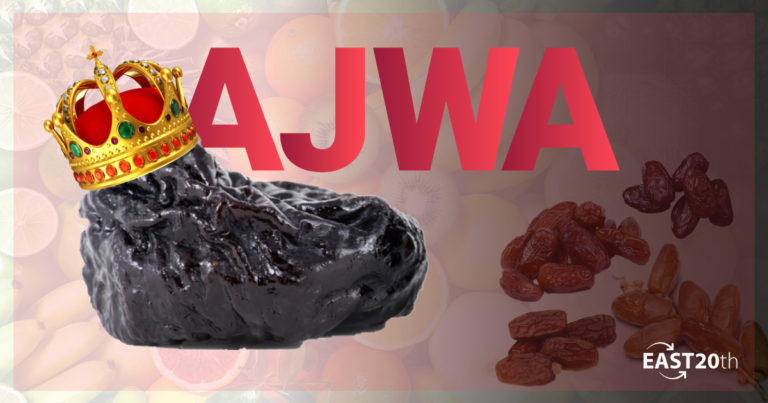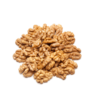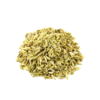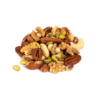Figs and dates are the oldest known dry fruits and have been around since time immemorial. They are known for their unique sugary taste, long shelf-life, and many health benefits. These fruits are an amazing source of dietary fibers and other essential nutrients. Figs and dates are similar in many ways, in that they are both sugary snacks and mostly available in their dried form.
Figs and dates are a great and healthy snack to satisfy your hunger pangs and sweet cravings. Some of their benefits are described below.
Benefits of Figs
Figs are the products of the ficus tree. This tree is mostly present in the Middle East and Mediterranean region. Figs have a unique sweet flavor with a chewy and soft texture and are strewn with edible small seeds. They can be enjoyed all around the year.
Figs are mostly only available in their dried form. As figs are delicate and perishable, they are dried to preserve for a longer period of time. Drying figs improves the flavor and their nutritional value.
They are high in sugar, minerals and dissolvable fiber. They are full of minerals including calcium, potassium, magnesium, copper and iron and are a great source of vitamin A and K (antioxidants) that adds to the wellbeing and may prevent cancer.
Many of us unknowingly consume too much sodium, in the form of salt, present in processed foods. High sodium intake can lead to potassium deficiencies and this disproportion between the two can lead to high blood pressure. A balanced diet of fruit and vegetables — including figs — can naturally enhance levels in the body and can therefore help achieve normal blood pressure.
Figs are a healthy and sweet snack which can be replaced with empty-calorie candies. They are often advised to tone the intestines and act as a laxative because of their high fiber value. Moreover, figs are packed with calcium, which helps enhance bone density and prevents the risk of osteoporosis. They also help in protecting teeth from decaying.
Benefits of Dates
Dates are fruits of the date palm tree. This tree is basically native to the Middle East but is now found in some Meditteranean regions as well, including some parts of Asia, Mexico, and the USA.
As the dates ripen, their skin turns slightly dark brown and wrinkles start to appear because of the moisture leaving the fruit. This is the stage when they are harvested — by hand. Fresh or dried dates are available all year round, but the fresh ones are best available between November and January.
Dates are known to be an amazing source of magnesium, potassium, and fiber. The fiber in the dates improves the digestive system and relaxes the intestines. A study by PubMed stated that 21 participants were asked to include seven dates in their diet for 21 days. After the days were completed, the participants reported having improved bowel movements and total relief of constipation. This study also concluded that including dates in your diet may also reduce the risk of colon cancer.
Potassium and magnesium found in dates help in maintaining LDL cholesterol levels. Both of these minerals reduce the risk of bone-related diseases.
Dates are a sugary snack and because of the high content of sugar present in them, consuming them in high quantity can increase blood sugar levels. It is advised to have dates with some protein like peanut butter or mixed nuts, this can help control or lower the blood sugar level.









